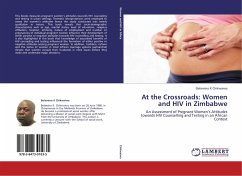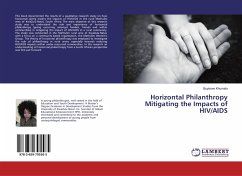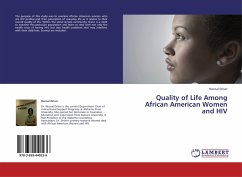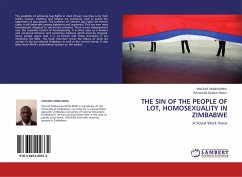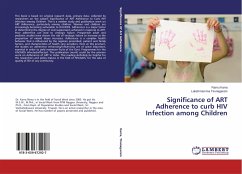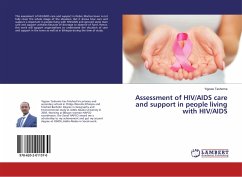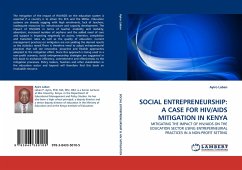This books measures pregnant women s attitudes towards HIV counseling and testing in urban settings. Thematic interpretations were employed to assess the women s attitudes hence the study conducted was mainly qualitative in nature. This book reveals that socio-demographic characteristics such as age, marital status, level of education, religious affiliation, location, ethnicity, nature of employment and number of pregnancies of individual pregnant women influence their development of either positive or negative attitudes towards HIV counselling and testing. It is also highlighted in this book that knowledge of associated benefits of HIV counseling and testing influenced the formation of either positive or negative attitudes among pregnant women. In addition, tradition, culture and the status of women in most African marriage systems (patriarchal) dictate that women consult their husbands in most issues before they make and undertake major decisions.
Bitte wählen Sie Ihr Anliegen aus.
Rechnungen
Retourenschein anfordern
Bestellstatus
Storno

